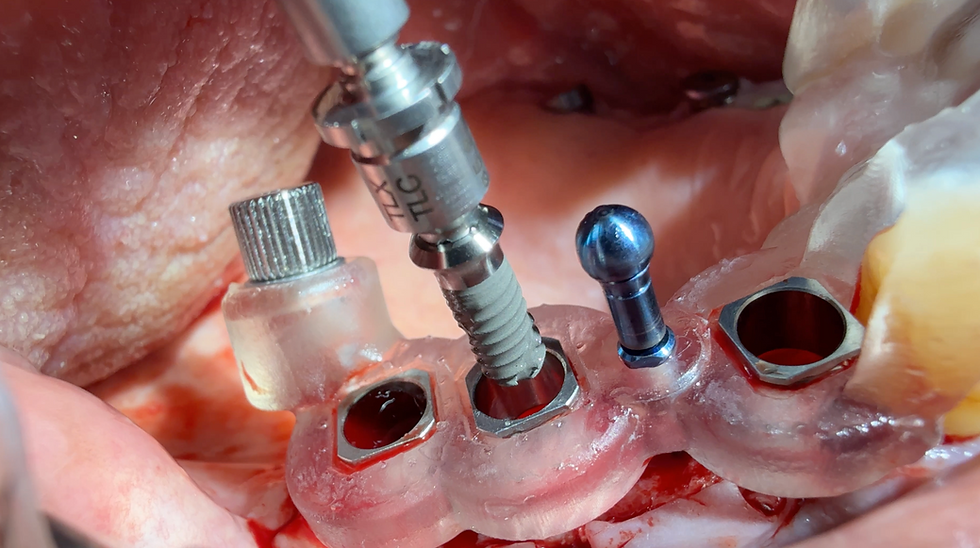Who's the best Surgeon ?
- Andre Chen

- Jul 16, 2025
- 3 min read
Coming down from a beautiful trip to the French Alps, there we were—seven friends. In the driver’s seat was Hugo, a vascular surgeon and lieutenant colonel in the Portuguese army.
To his right sat Enio, one of the best in wound healing—a top general surgeon.
I was in the middle row. On my right was Silvio, my cardiologist and my father’s. A great guy and the guide of this journey. On my left, Nuno, a weightlifter—110 kg (or 99.9 as he humbly says)—a biointegrative therapist and an all-around amazing person.
In the back were my oldest friends, since we were three years old: Granado, a responsible executive at Malparado Credit in Portugal, and Daniel, arguably the best colon surgeon in Europe—if it’s anything colon-related, he’s the one.

About 30 miles from Milan airport, someone asked: “Who’s the best surgeon in the world?”
As you can imagine, with a group of 46-year-old surgeons at the top of their game, this could easily have been a hit TV show—sky-high ratings and all.
The answer?
The best surgeon is a combo. It’s not necessarily the one who operates the best. It's the one with the clinical judgment to solve a case without needing to operate at all. You might be excellent at cutting and suturing, but if the patient didn’t even need to be in the operating room—or if you're doing unnecessarily complicated "Instagram surgeries"—then you're not the best surgeon. You’re probably just a great technician, comparable to a skilled butcher. And maybe your place is serving steaks to 80-year-old ladies.
Enough of overtreatment in surgery. Enough ego in the operating room. Enough.
There’s a saying: You only mature in dentistry when you learn which cases not to operate on.It took me five years of specialty training to learn how to operate, but 25 years to learn when not to.
Do we really always need keratinized tissue around dental implants when we’re using tissue-level implants, with the microgap away from the bone and a polished collar? Do we really need it when we use, for example, ceramic implants, which interact with the tissue in a completely different way? Do we always have to do vertical bone augmentation when short implants can work? Do we only have to use subcrestal implants with conical connections?

Do we, or do we not?
So, generally speaking, as surgeons, we do not need to perform Instagram-style surgeries every day. Choosing the right technique, reading the patient properly, and implementing the best solution for each individual case—that’s the key to being the best surgeon.
I’ve never had a patient come to me and say, “Hey, Dr. Chen, I came for a beautiful soft tissue augmentation.”No—they come for oral rehabilitation. They come for teeth.
And remember: most patients who come to my clinic are looking to avoid soft tissue grafting and bone reconstruction—two socially “forbidden” words, generally speaking.
Use those procedures with rationale and caution, and always ask yourself: Can I achieve the same outcome with a technique that causes less morbidity?
Because the moment you truly realize that on the other side of your scalpel is a person, a patient—not a textbook case or Instagram post—that’s when you’ll have a real shot at being called the best surgeon.
P.S. Hey— I also love to post my beautiful successes. This critique isn’t against social media itself, but against the generalized belief that you always need to overtreat cases just to be accepted or praised either on Instagram or WhatsApp groups. In real life, there are often more effective, practical, and realistic ways to solve the majority of implant cases. That doesn’t mean that when complex treatment is truly needed, you shouldn't do it properly—and in style—worthy of a great post. Just make sure it's necessary, not just liked.
Have a wonderful Summer!




Comments